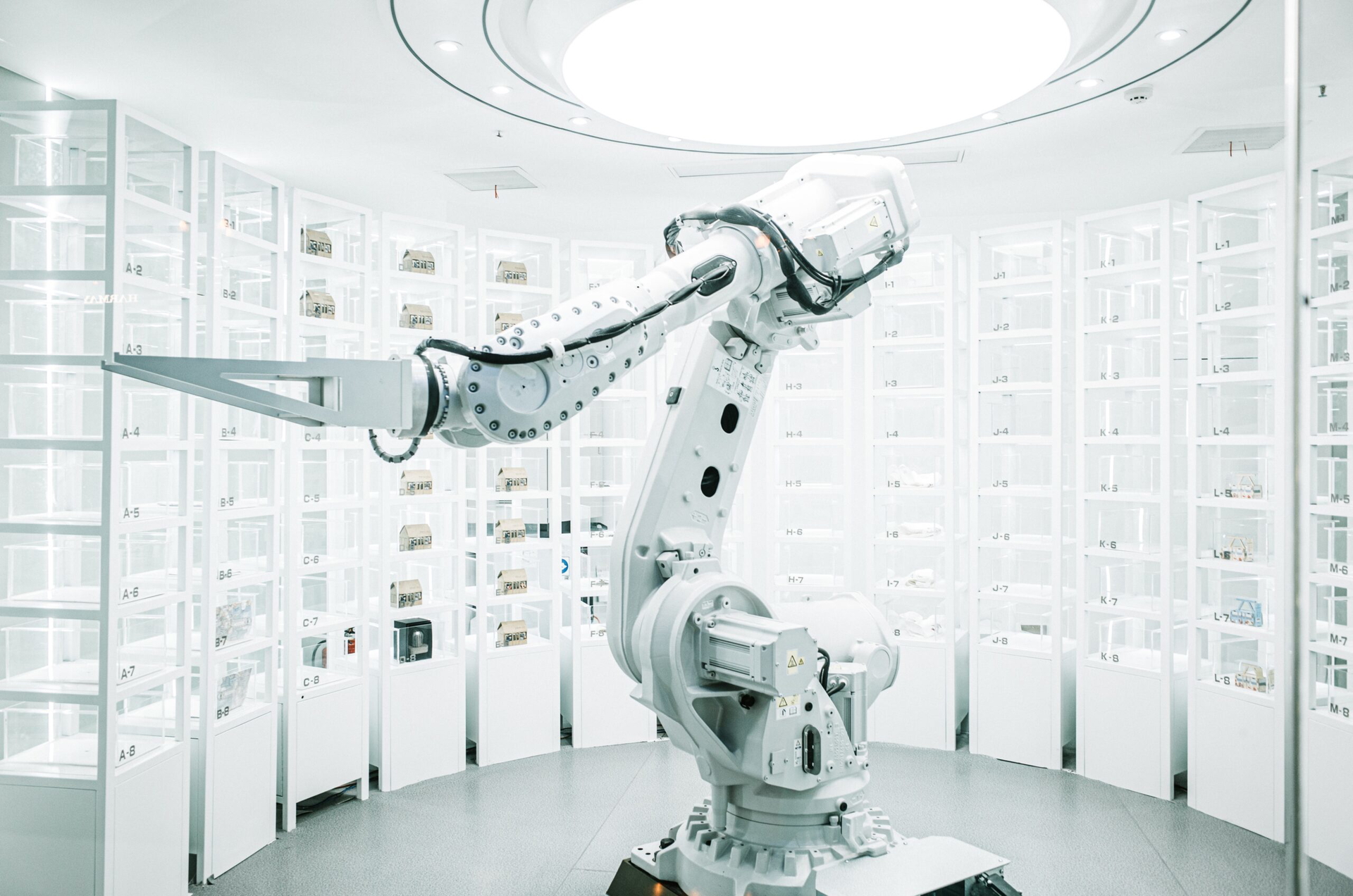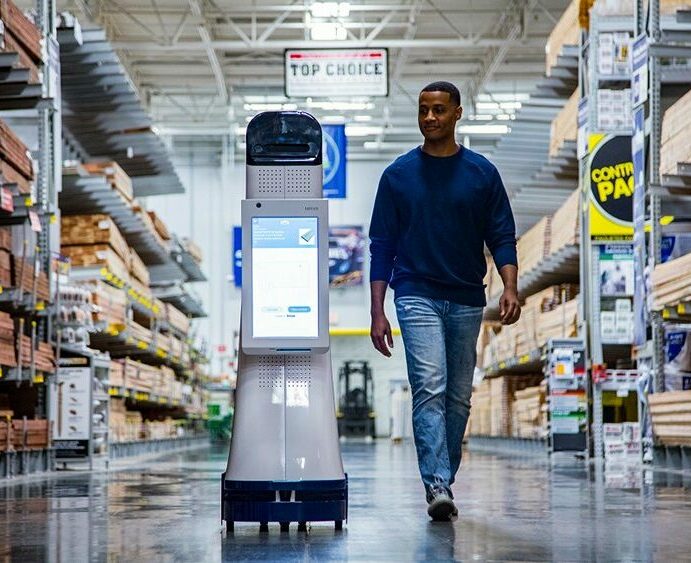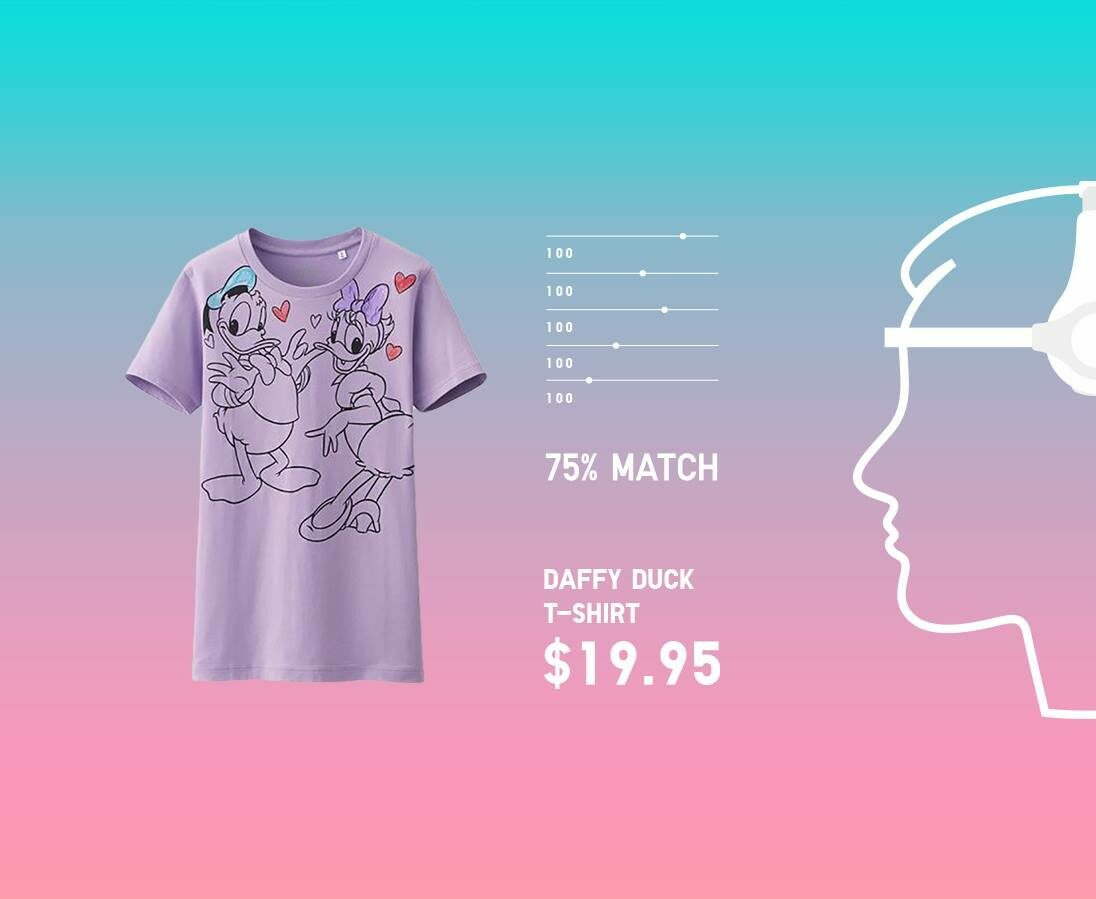Where digital meets physical
“AI has been powering retail for years, but retailers have only been scratching the surface of what’s possible. A combination of the right solutions and an intelligent approach to adoption and data management will help all retailers reap the benefits of AI.”- Forbes
The future of retail and AI holds tremendous potential to reshape the way we shop, interact with stores, and experience the entire retail ecosystem but how brands choose to incorporate AI will depend on individual brands goals and needs.
It’s not a secret that the retail market is ever changing, with different consumers interests and the market facing new challenges. To combat the turbulence, in everything from logistics to loyalty, brands have been looking for support in handling orders, customers experience and brand awareness, and with Artificial Intelligence in the retail market set to reach $24.1 billion by 2028, it seems AI could be the answer.





